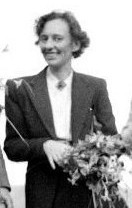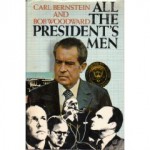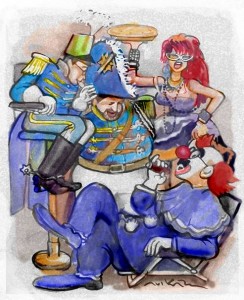I misstated the director’s name in the original version of this post. My apologies.
 In this friendless week for Israel it’s refreshing and instructive to get away to Sapir College’s annual Film Festival of the South and be reminded that loneliness is sometimes a fact to be lived with, and that history gives us brethren among the nations, if we would only look.
In this friendless week for Israel it’s refreshing and instructive to get away to Sapir College’s annual Film Festival of the South and be reminded that loneliness is sometimes a fact to be lived with, and that history gives us brethren among the nations, if we would only look.
Harutyun Khachatryan “Return to the Promised Land” (1991) observes a young Armenian family returning to its battered home and farm in the wake of the great earthquake, the destructive force of which can be seen everywhere, and the breakup of the Soviet Empire, a distant event invisible in the landscape. The family is a real one, filmed from the beginning of the winter to the end of spring, but Khachatryan structures the film as a story–as a silent film, in fact, for there is no dialogue and relatively little sound. A young father, weighed down by worry, works in the field, reestablishes his livestock, watches over his family. His wife labors in the kitchen garden, draws water, watches the children, has a baby. At first the family seems to be alone; gradually other families join them and, in the end, when spring is well under way, an acrobat and two musicians come to town.












